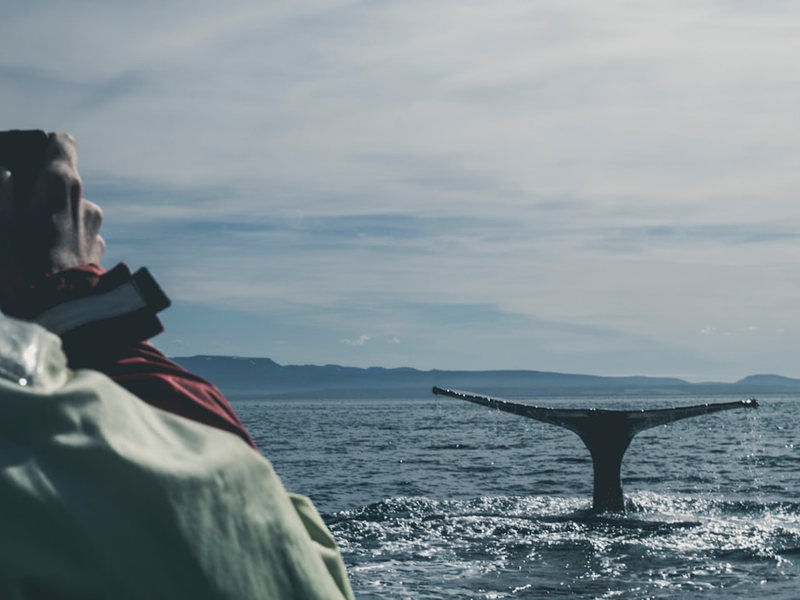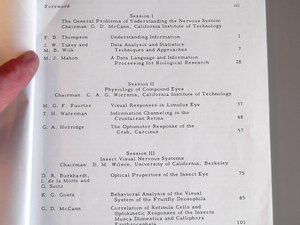Ocean Giants: Rare Sperm Whales Surprise Coastal Watchers

Photo by Davide Cantelli on Unsplash
Imagine spotting something so rare that marine biologists get excited - that’s exactly what happened off the California coast when two sperm whales named Kiwi and Guava made a stunning appearance.
These massive marine mammals, typically dwelling in deep waters and hunting giant squid, were observed seven miles off Dana Point, creating a buzz among local marine enthusiasts and researchers. Marine biologist Alisa Schulman-Janiger, who is tracking these incredible creatures, noted that such sightings are incredibly uncommon, with years sometimes passing between encounters.
Sperm whales are fascinating creatures that can reach up to 60 feet in length for males and 35 feet for females. They’re known for their extraordinary diving capabilities, often staying underwater for up to 90 minutes and surfacing briefly - making their appearance a true spectacle. These marine giants have unique social structures, with juveniles traveling in groups and mature males typically venturing out independently.
The recent sighting is particularly intriguing because the two whales, Kiwi and Guava, have been spotted multiple times together near the Southern California coastline. This suggests they might be finding something appealing in the region’s deep-water canyon.
Donna Kalez, who runs a local whale-watching charter, described the experience as “breathtaking” and a “once-in-a-lifetime” moment. For marine enthusiasts and casual observers alike, these unexpected whale appearances remind us of the incredible biodiversity just off our coastline.
While these magnificent creatures remain unpredictable, their presence offers a glimpse into the complex and mysterious world of marine life. Researchers like Schulman-Janiger continue to study and track these incredible animals, hoping to understand their migration patterns and behaviors.
For now, the appearance of Kiwi and Guava serves as a remarkable reminder of the unexpected wonders that exist just beyond our coastal horizons.
AUTHOR: mb
SOURCE: The Mercury News
























































